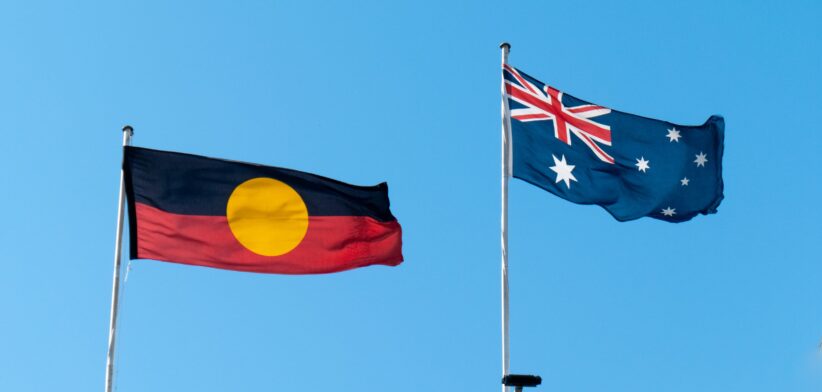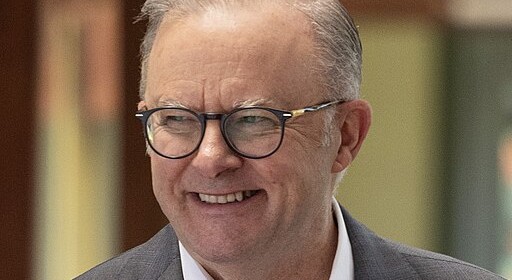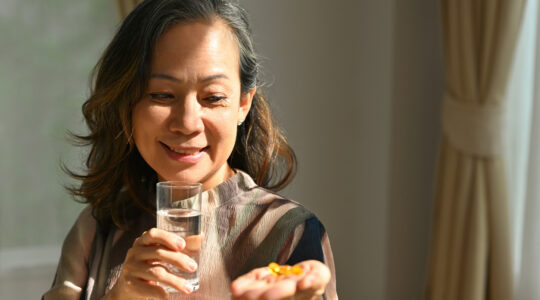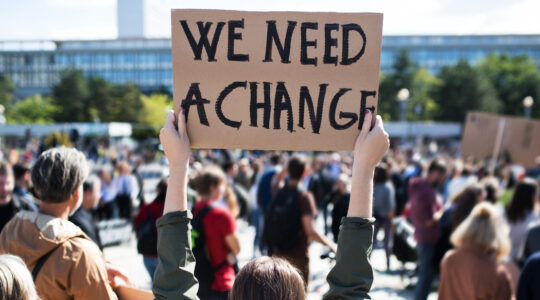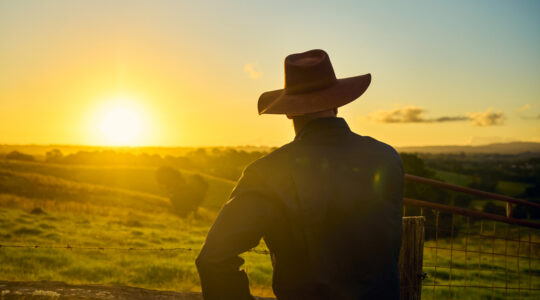By Steve Zeppa
I don’t identify as an Aboriginal or Torres Strait Islander person, I don’t speak for Anglo-Australians, nor represent the thoughts of our wide and varied migrant communities, from which I am proudly descended.
I speak for myself when I say, I am inspired by hearing authentic, informative and heartfelt Welcome to Countries.
For me it is a learning experience and one I cherish, which is why I was disheartended and ashamed reading a weekend story citing “exclusive new data” that Welcome to Country ceremonies were divisive and overused.
It said more than half of Aussies thought as much and many wanted them stopped.
I am not one of them. To me they can be an education.
Proof in point was the Welcome to Country I was honoured to hear at a Committee of Brisbane event last week.
As part of the ceremony, Joseph Ruska, a Yuggera man, spoke of the Welcome to Country’s purpose and its history as the world’s oldest continuing ceremony.
He told of the use of message sticks (the passports of the day) used by travelling tribes to state the reason they wanted to enter another tribe’s lands and of the hundreds of different languages spoken across the different tribes.
Joseph explained how each tribe had one man who new multiple languages and would decipher the message sticks to deem if a person could be allowed entry.
He beamed with pride as he said his great, great grandfather was that such person for the Yuggera.
It was a Welcome to Country that was about respecting history and providing an insight into the lands which we all share.
I fear the current negative undertones around Welcome to Country is grounded in a misunderstanding of the difference between it and an Acknowledgement of Country, which are two different things.
An Acknowledgement can be performed by any Tom, Dick or Harriet and I am the first to say they can be overused and in many instances are tokenistic, which to me is an offense to our First Nations people.
I’ve been to too many events with multiple speakers, usually politicians, where each individual has to make an Acknowledgement of Country when it is their turn to speak … “I also would like to Acknowledge the (insert mono-tone boiler-plate words)”.
I have seen an Acknowledgement of Country done well, when the non-indigenous deliverer has done their research about the relevant lands and tribes and used it as a chance to educate those in attendance.
And that is the point. Education and understanding is they key. It is not about “being welcomed to my own land”.
I want to learn more about this country’s culture and I see Welcome to Countries, done well, as a great vehicle for that.
Yes, some, including Indigenous people, have concerns about the commercialisation of the Ceremony, but then let’s focus efforts of weeding out the less-than-authentic proponents, not discarding the Ceremony itself.
The theme of the Committee of Brisbane event was taking a look at Brand Brisbane past, present and future, with an eye on the 2032 Games.
Many panellists spoke of the characteristics of this city, being authentic, warm and welcoming.
I agree and as we prepare to welcome the world onto these lands, I would like to know as much as I can about our entire history … all 60,000 years of it, so I can share it with the world in an authentic and informed way.
I aim to keep listening and learning. You’re welcome to join me on the journey.
